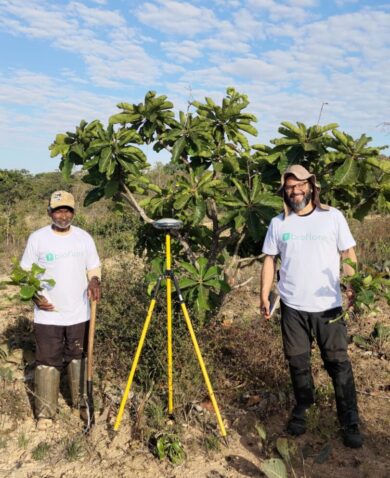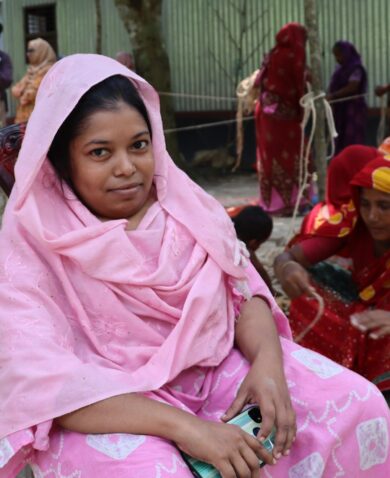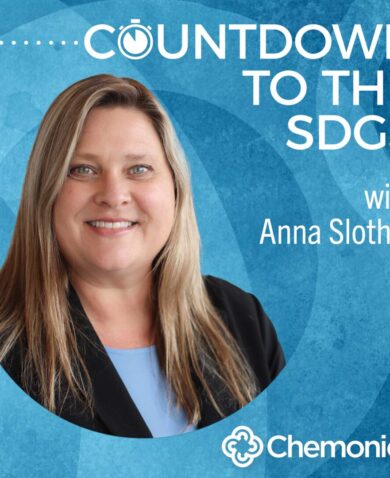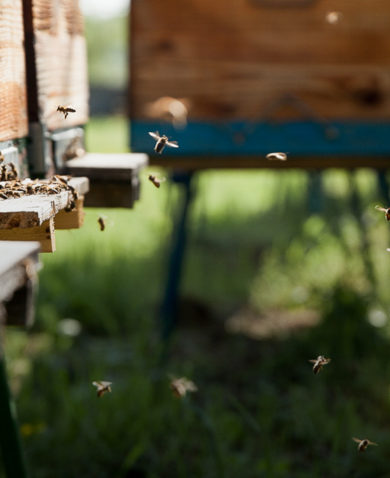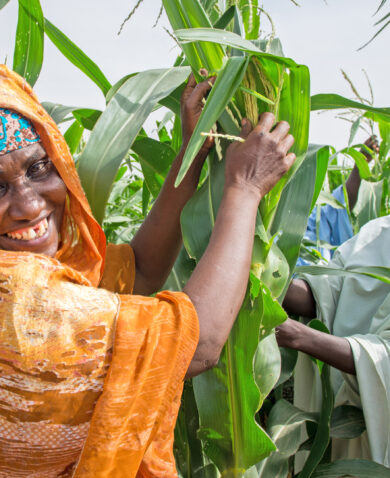For Rite 90.1 FM, knowledge sharing went beyond information on policymaking. Radio broadcasts also provided practical recommendations on agricultural practices and application of fertilizers. In addition, the broadcasts linked farmers to financial institutions, such as Manya Krobo Rural Bank, and advertised farm produce and training services. Listeners even had opportunities to call in and ask questions.
With audiences tuning into their radio programs and farmers becoming more engaged in local policymaking, Rite FM elevated the importance of agriculture in community dialogues. Public officials eagerly responded to the outpouring of policy advocacy. They were soon compelled to increase resource allocation for agricultural programs and repair roads in the districts to improve commodity transport.
“Staff of DoA met with us to discuss problems we are currently facing in our work,” said one farmer from the Upper Manya Krobo District. “We discussed methods used by some farmers to process cassava, dough, and gari that were not hygienic. DoA quickly mobilized its staff and trained farmers on how to better process cassava, dough, and gari. This wouldn’t have happened had it not been for the platform created by Rite 90.1 FM.”
Beyond the Radio Waves
These radio broadcasts brought farmers to the center of the policies affecting their sector. Radio became a platform for farmers to share their day-to-day challenges, promote their work, and reflect on their business practices.
“After I was on the radio program, sales of my mushrooms have had a massive improvement,” said Derick Sarpong, a farmer in the Asuogyaman District.
But radio is only one channel of change. Journalists can play an important role in analyzing and reporting on agriculture developments and policy issues, especially given the sector’s limited exposure in the media. Community dialogues can help integrate women’s rights and environmental sustainability in Ghana’s agriculture development agenda.
From media advocacy to public and private sector forums, APSP amplifies citizen participation in agricultural policy through a variety of channels. In turn, the agriculture sector gains publicity and sustainable, long-term growth. And most importantly, farmers become more informed and engaged in the policies that shape their day-to-day lives.
























